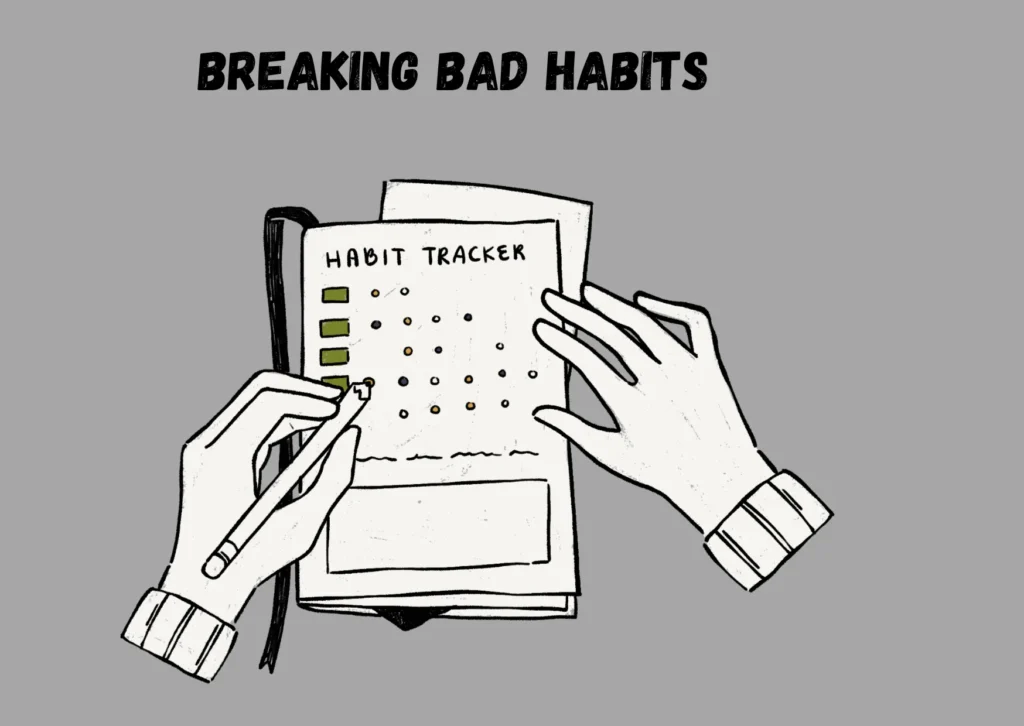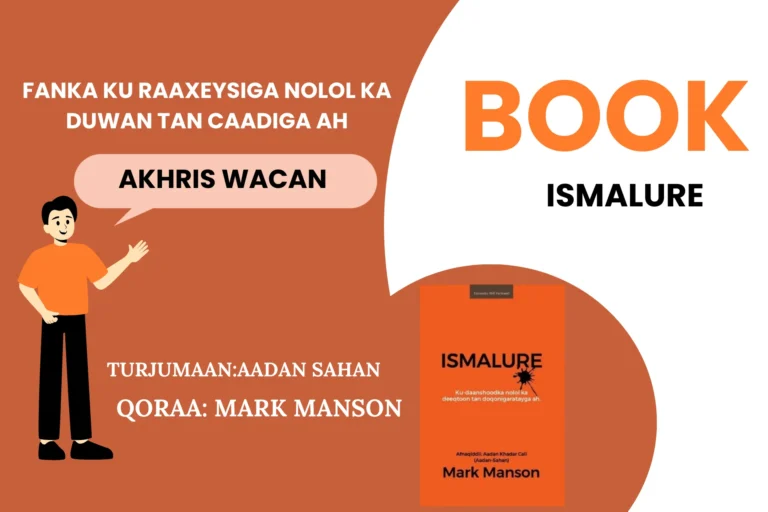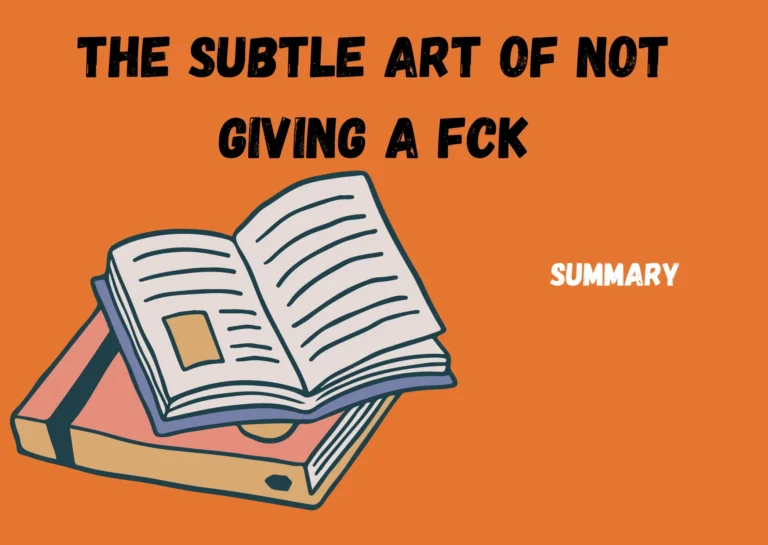10 Books Everyone Should Read
10 Books Everyone Should Read

Introduction
Reading books is one of the most valuable ways to broaden your knowledge, grow your creativity, and develop new perspectives. Whether you would like to gain wisdom, shift your mindset, or simply leave the world behind in a new world, books can absolutely transform your life. In this article, we will review ten books every person should read ranging all the way from fiction to self improvement to history and business. Not only will these books entertain you, but they will educate and inspire you as well! Fiction Books That Inspire & Educate Fictional books allow us to step into different lives and experience human emotion, society, and the world through stories. Here are a couple of fiction books you must read
1. To Kill a Mockingbird – Harper Lee
An outstanding work of modern American literature, “To Kill a Mockingbird” examines ideas about racial inequalities, moral development, and empathy. We see, through the experience of young Scout Finch, just how destructive living with prejudice can be for a society. It also really demonstrates what we can accomplish through integrity and how important standing up for justice is through the character of Atticus Finch, a lawyer who defends and innocent black man facing false charges for a crime. What does this book teach us about the importance of kindness, courage, and standing up for what is right, even when it is hard? when society is against us.
2. 1984 – George Orwell
A dystopian book that remains uncannily relevant today, “1984” outlines an alarming view of government surveillance, propaganda, and the absence of personal freedom. The book follows Winston Smith, who begins to question the oppressive regime in which he lives, only to find himself in a society where independent thought is a crime. Orwell’s novel is a chilling call against totalitarianism and unchecked power, making it a required read for anyone interested in political and social issues.
3. The Great Gatsby – F. Scott Fitzgerald’s
story portrays the decadence and corruption of the American Dream. It takes place in the 1920s and gives an account of the tragic story of Jay Gatsby, a wealthy man who throws ostentatious parties to try to bring back his old love, Daisy Buchanan. “The Great Gatsby” explores themes of wealth, class, love, and the illusion of success. Fitzgerald’s prose is poetic, and there is great symbolism in the novel that makes it a timeless reflection on ambition and the true cost of chasing material dreams.
4. Pride and Prejudice – Jane Austen
classic romance that grapples with love, class, and societal expectations. The bright and bold Elizabeth Bennet wrestles with the constraints of 19th-century England and her differences with the seemingly aloof Mr. Darcy. In the course of this novel, both learn about pride, prejudice, and personal development. This engaging novel critiques human relationships and social conventions, joining the ranks of the best novels ever written.
Self-Improvement and Personal Growth Books on self-improvement show us how to improve ourselves and become the best version of ourselves through lessons and actionable advice.
5. Atomic Habits – James Clear

“Atomic Habits” is a big shift for anyone trying to develop new habits and change bad ones. James Clear covers the science behind creating habits, along with steps to apply to your life for impactful change. Clear’s reframing of the small improvements that lead to greater advances over time will change your outcomes. The author provides examples and frameworks that will allow you to create structure so that good habits become automatic and bad habits fade.
6. The 7 Habits of Highly Effective People – Stephen R. Covey
classic self-help book discussing seven highly effective habits for success in interpersonal and organizational relations. Covey emphasizes being proactive, principle-centered, prioritization, and continuous improvements in self-awareness and relationships. Functions of balancing work, relationships, and self-improvement are addressed through habits that can be applied through the entire spectrum of life in continuous improvement. If becoming more effective and feeling like you are progressing more is your primary interest, this book is highly recommend. Thought-Provoking Non-Fiction Non-fiction books offer a world of understanding and possibilities that may challenge our perspectives.
7. How to Win Friends and Influence People – Dale Carnegie
If you want to improve your people skills, influence others positively, and succeed in personal and professional relationships, then this book is a must-read. Carnegie provides age-old advice on effective communication, persuasion, and human relations. Through real-life examples and practical tips, he teaches how to build good relationships, resolve conflicts, and become a better leader.
Thought-Provoking Non-Fiction
Non-fiction books expand our understanding of the world and challenge our perspectives.
8. Sapiens: A Brief History of Humankind – Yuval Noah Harari
Harari takes us on a fascinating journey through human history, exploring how our species evolved and how culture, religion, and economics shaped the modern world. He explains how Homo sapiens became the dominant species and how our collective beliefs drive progress. This book challenges conventional wisdom and encourages readers to question the foundations of society, making it an essential read for anyone interested in history and human behavior.
9. The Power of Now – Eckhart Tolle
A spiritual and philosophical self-help book that teaches us the importance of living in the present. “The Power of Now” rescues readers from stress and anxiety by focusing their minds on the present and not on the past or the future. Tolle provides profound wisdom on mindfulness and personal development, guiding readers to a more contented and meaningful life.
Business and Financial Awareness

It is essential to learn about business and money principles for financial and personal success.
10. Rich Dad Poor Dad – Robert Kiyosaki
The book talks of differing financial principles according to two father figures: One who stresses traditional education and job security (Poor Dad), and the other who thinks in terms of learning financial literacy, investing, and entrepreneurship (Rich Dad). The book teaches fundamental lessons in money management, asset creation, and achieving financial independence – a must-read for everyone who wants to learn more about finance and improve their living standard and well-being.
11. The Lean Startup – Eric Ries
“The Lean Startup” is a great read for novice entrepreneurs looking for advice to guide them in creating a successful business while trying to find innovation and direction. Eric Ries provides the strategy of new ideas being conceived, minimally tested, receiving feedback and potential pivots or other alterations to continue learning and to further develop. “The Lean Startup” is optimal for new entrepreneurs wanting to initiate a business with minimal risk and maximum value proposition.
12. The Psychology of Money – Morgan Housel

“The Psychology of Money” is a must-read for every individual who wishes to understand their actions toward money and how emotions can impact their investment decisions. The book has simple yet complex lessons about wealth, financial independence, and how humans will behave around money. Housel discusses that becoming financially successful involves more than knowing; it involves feeling and believing.
Summary
Books can change our lives by opening our minds, contributing to our skill sets, and inspiring us to take action. If you need inspiration, entertainment, or how-to information, any book on this list has a lot to contribute to changing the world and ourselves.Read one, and you may start a lifetime of reading and discovery.
FAQs
1. What is the best book to start with?
It depends on your interests. “Atomic Habits” is great for self-improvement, while “1984” is perfect for intellectual fiction.
2. Why should I read books?
Books provide knowledge, improve critical thinking, and offer different perspectives on life.
3. Are the books suitable for readers of all ages?
Most are, but some, like “1984” and “Sapiens,” might be more suitable for mature readers.
4. How do I develop the habit of reading?
Start with a reasonable 10 minutes a day and choose books that you are really interested in.
5. Where do I obtain these books?
They can be found in bookstores, libraries, and on websites like Amazon and Kindle.







